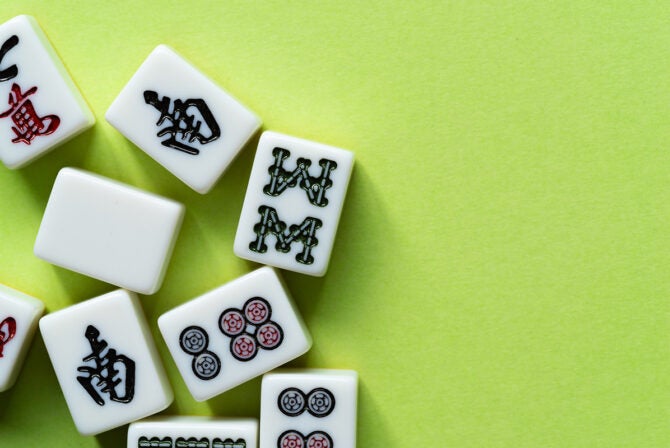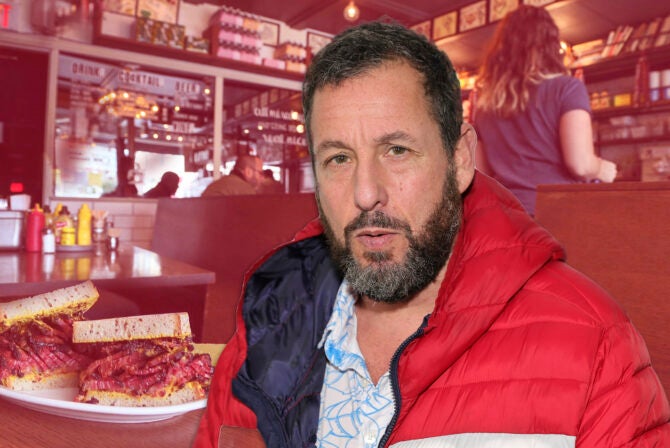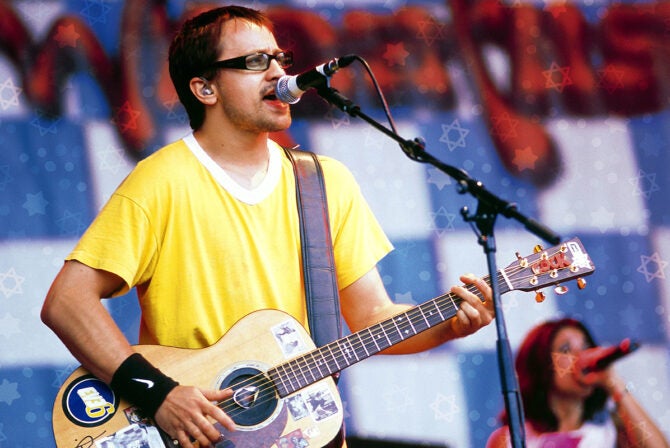I once let a thing on my toe grow until it had its own zip-code before I saw a doctor. A thing on your toe, I knew, is probably just a wart (it was). But a lump in my breast? I had it checked right away. You have to. I knew that because of Breast Cancer Awareness. October is Breast Cancer Awareness month and I defy you to find someone who is not already aware, in a vague pink-ribboned way, that your breasts could kill you.
Awareness is a good thing if it prompts action (my transit time from lump to ultrasound was an impressive four days; I don’t even always check my mailbox that fast). Yet every October, folks wear pink like a talisman and chant slogans. What are we really making people aware of? That cancer is dangerous? I think we know that. Most “awareness” slogans don’t do much to actually educate people. We can do better. Here are my three least favorite slogans and what I wish folks were aware of instead:
1. “Save the Ta-tas”: (or variations like “feel for lumps, save your bumps”)
I’m not opposed to raunchy language (I had a “Ta Ta to the Ta-Ta” party before my mastectomy), but what does this slogan even mean? How do you propose to save Ta-Tas, exactly? By getting a mammogram? Screening doesn’t prevent cancer, it just identifies it. And if you’ve got cancer, there’s no guarantee you can save your Ta-Tas.
This is just misleading—the opposite of awareness.
2. “Beat Cancer”(or “you can beat this!”):
Cancer treatment is not a game where you try to beat an opponent. The cancer cells—the “opponent”—is you. Some cells in my left breast made a mistake—a huge dangerous mistake that I had to take seriously—but after all, just a mistake. I don’t beat my children when they mess up and I didn’t want to beat myself either. We all make mistakes. Even our cells.
My body—the same body that made the cancer cells—also kept me remarkably healthy while recovering from surgery and tolerating a course of chemotherapy so harsh it scars the veins it’s injected into. I treated cancer, but I didn’t want to beat it, because “it” was me.
“Beat cancer” also suggests that the patient can win if she’s good enough at the game. That’s not how it works. If my cancer returns, it’s not because I didn’t play the game well. It’s because we don’t know how to fix everything.
3. “Fight Like a Girl”
I am a grown woman, not a girl. When necessary, I fight like a Klingon, despite my two X chromosomes.
But—call me an idealist—fighting is a lousy way to get what you want. I had to deal with cancer, swiftly and forcefully. The options were all more violent than I’d like. But I don’t think of it as fighting. In-fighting is almost always a waste of precious energy, and the whole thing was in me.
When possible, don’t fight. Take action. Deal with it. Like a grown-up.
Breast cancer is common enough and complicated enough that it’s worth spending a month raising awareness. Here’s what I wish folks were aware of:
1. Breast cancer is considered one of the least “preventable” cancers.
2. Treatment varies widely because there are many different kinds of breast cancer. There are too many surgery options, and too many possible courses of chemotherapy and radiation to list easily. Some breast cancers are also treated with long-term medication or with “watchful waiting.” None of these paths are easy.
3. Some breast cancers are incurable from the start. It doesn’t mean the person didn’t “catch it in time.”
4. Primary treatment can last 2-10 months and even after it’s over, people often need a while to recover. Measure that time in months or years, not weeks.
5. Breast cancer treatment often changes the way a woman looks and may affect her fertility. Her feelings about this may be a significant part of her experience. That is not trivial.
6. It’s impossible to talk about cancer treatment in the United States without also talking about how expensive, bureaucratically insane, and time consuming it is to be sick, and how it affects your career. This is true even for affluent people with good insurance and paid time off from work. And most people are not affluent with good insurance and paid time off from work.
And like any illness, anyone’s breast cancer story is also her own personal story. Here’s what I wish people were aware of about my own experience:
I didn’t grasp how difficult the treatment was while it was happening. When it was over, the feelings caught up with me and it wasn’t pretty. My left armpit will always feel like someone is sticking me with a coat hanger. Sometimes I’m so upset when I go back to the place I had surgery that I vomit in the bathroom of the waiting room. I hated not having eyebrows. People from every corner of my life showed up to be nice to me, and generous and compassionate to my husband and kids, and it bolstered my faith that the world is inherently a good place. Chemotherapy ruined my short-term memory. Sometimes, even now, in the shower, I feel the wobbly, too-round thing that the plastic surgeon made, which now fills my left bra cup, and am surprised to find it there.
My cancer was hormone-receptor positive, unrelated to known genetic mutations, and in several lymph nodes. If you don’t know what these things mean or how it’s typically treated, that’s understandable—why would you know about it unless you or a loved one had to go through it? If you find, though, that come October you’re interested in “Breast Cancer Awareness,” I encourage you to increase your own specific awareness. Start with cancer.gov and cancer.org, or ask someone you know who’s had breast cancer if she’ll tell you about her experience. Some things aren’t suited to slogans.
Read More:
Bracing Myself Against My Son’s Severe Mental Illness
Why I Don’t Want My Children to Grow Up in a Safe Space
Orthodox Women Take On ‘Vagina Monologues’ & Make it Their Own







